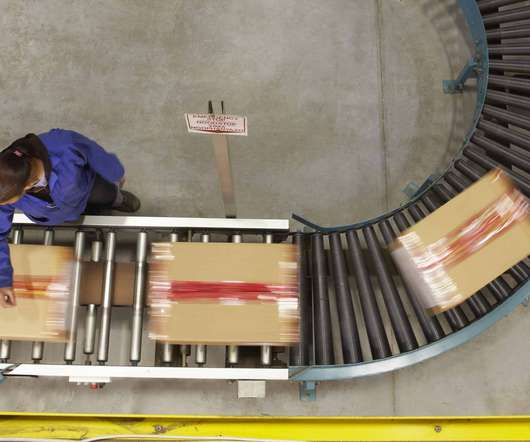How Digital Transformation Can Help Your Business Grow?
OTS Solutions
DECEMBER 22, 2023
Overview of Digital Transformation Digital transformation means the operational, cultural, and organizational changes within an organization’s ecosystem with the help of modern technologies such as cloud computing, the Internet of Things, artificial intelligence, machine learning, mobile apps, etc.















Let's personalize your content